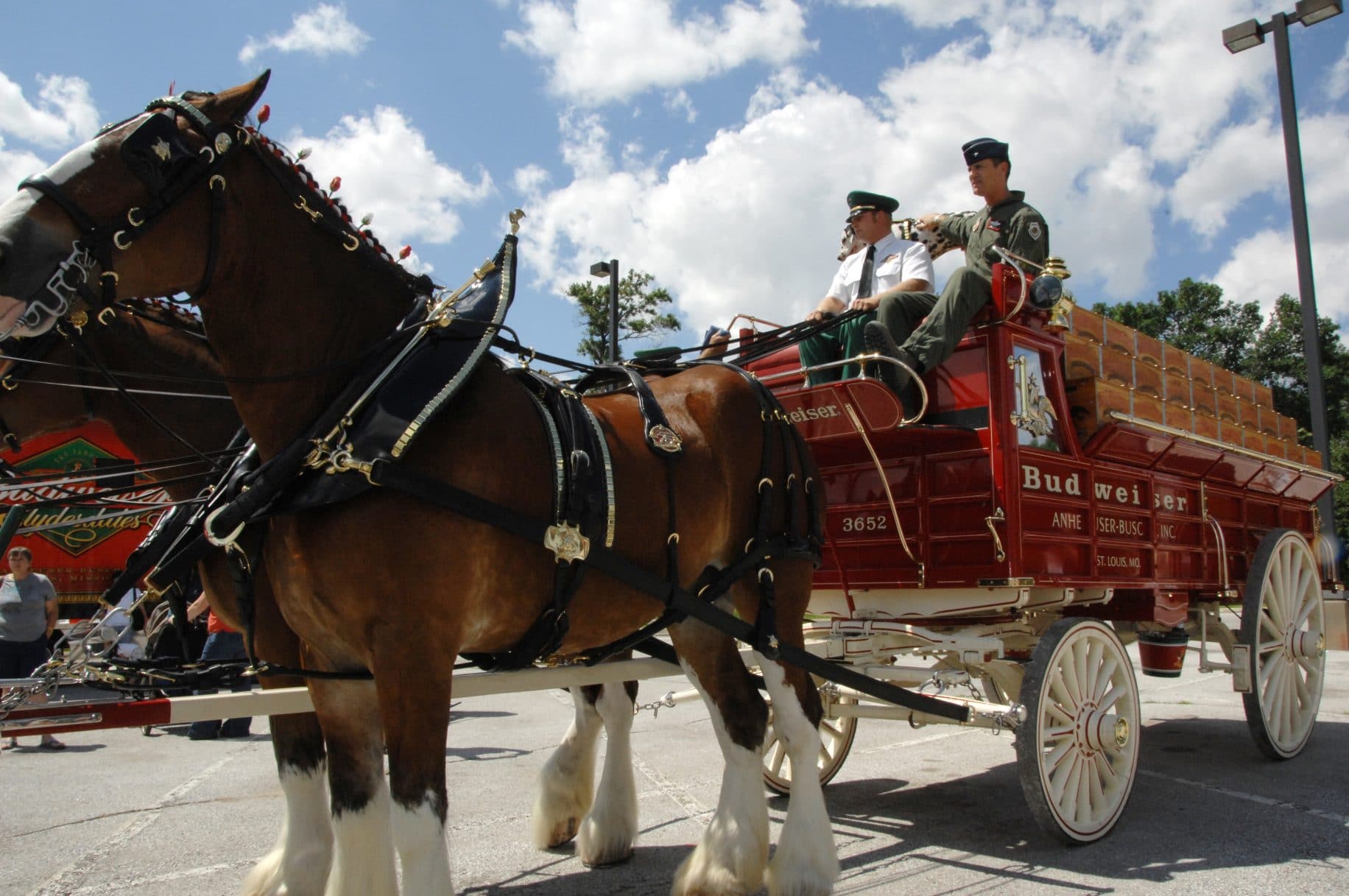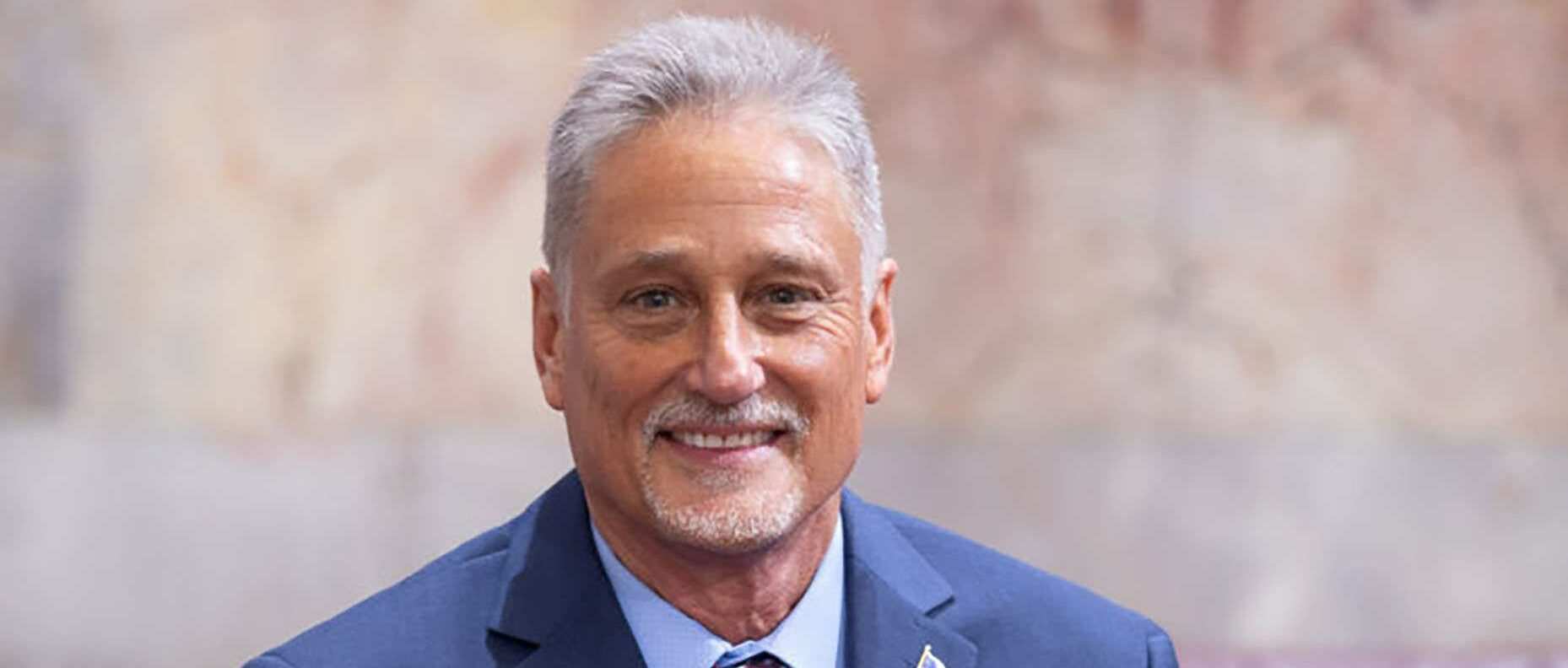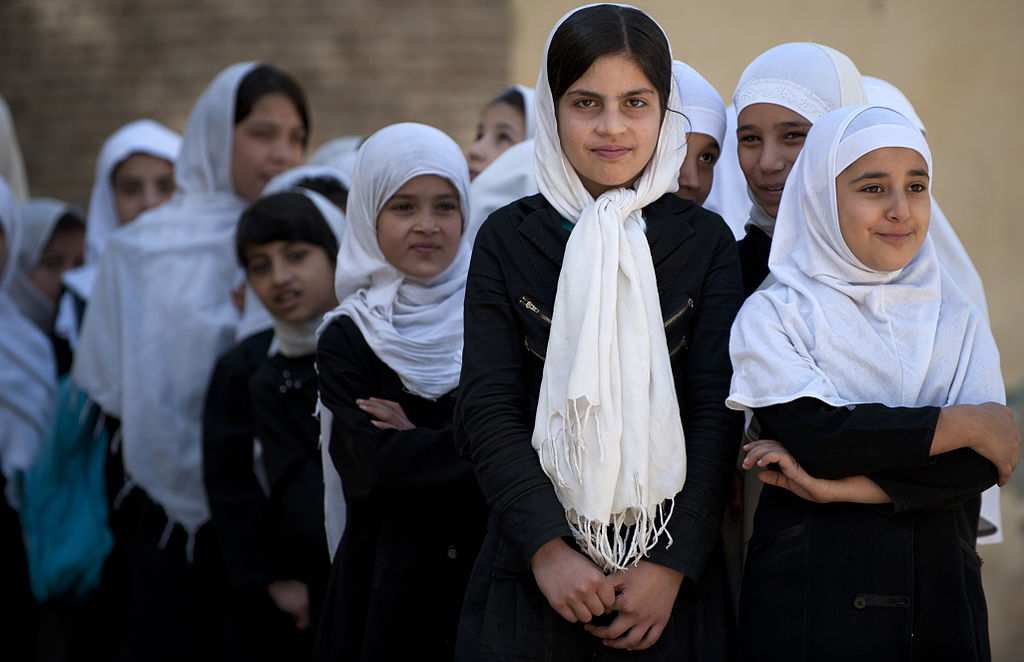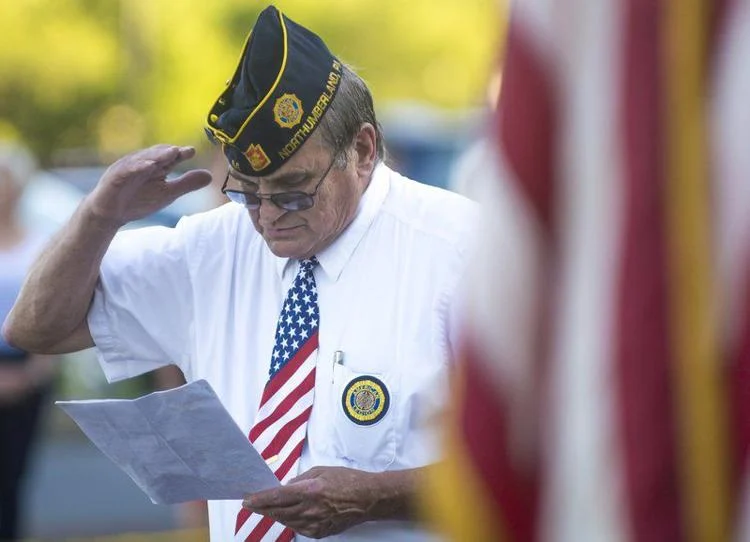This article was originally published by Radio Free Europe/Radio Liberty and is reprinted with permission.
In a mudbrick house, dozens of Afghan girls sitting on plastic mats scribble in their notebooks during a science lesson.
For over a year, the house in a village in the southern province of Helmand has served as a secret school for around 40 teenage girls.
Among the students is Zarghuna, who was in the seventh grade when the Taliban seized power in 2021. The extremist group soon banned girls above the sixth grade from attending school, denying millions of them an education.
“I’m so happy to be here,” said the 14-year-old, whose name has been changed for security reasons. “I want to study so I can serve my country.”
Her classmate, Palwasha, was in the ninth grade when she was banned from attending school. “Why aren’t girls and women allowed to study and work like boys and men?” said Palwasha, whose name has also been changed to protect her identity. “Aren’t they created by the same God?”
The Taliban’s severe restrictions on female education have triggered a surge in underground schools across Afghanistan, despite the great risk to students and teachers. That includes in the country’s south, a largely tribal and conservative region, which has long been the stronghold of the Taliban.
‘Thirst For Education’
Zarghuna and Palwasha’s school is part of a network of 21 secret girls’ schools in southern Afghanistan that is run by the Pohana Fund, an NGO founded by exiled Afghan women’s rights activist and education campaigner Wazhma Tokhi.
Tokhi, who fled to Germany after the Taliban takeover, said the schools educate around 1,000 teenage girls, mostly in the provinces of Helmand, Kandahar, Uruzgan, and Zabul.
“My aim in establishing these schools is to help girls continue their education, especially those in remote and underdeveloped provinces,” Tokhi said. “If they are given an opportunity, Afghan girls and women have a great thirst for education.”
The Pohana Fund employs scores of teachers in Afghanistan, and pays their salaries. It also provides textbooks and stationery for students. In many cases, the schools operate inside homes.
The organization has recently expanded its network of underground schools to the southeastern provinces of Paktia, Khost, and Logar as well as the capital, Kabul.
Tokhi, who hails from Zabul, said her long-term aim is to counter the Taliban’s efforts to “brainwash” children and root out all forms of secular education that thrived in Afghanistan after the U.S.-led invasion in 2001 toppled the extremist group’s first regime.
Since regaining power, the militants have converted scores of secular schools, public universities, and vocational training centers into Islamic seminaries, leading to a surge in the number of madrasahs in the country.
“The Taliban are afraid that if Afghan women get an education, they will raise their children with values that will prevent them from becoming members of the Taliban,” she said.
‘Mere Excuses’
The Taliban has claimed that its restrictions on female education are temporary. But there are few signs that the group will reverse its ban, despite mounting international pressure.
In December 2022, the Taliban banned women from attending university. Over the past two years, the group has severely curtailed women’s appearances, freedom of movement, and right to work or study.
The Taliban’s higher education minister, Nida Mohammad Nadim, has described education for girls and women as un-Islamic and against Afghan values.
Tokhi said the Taliban’s justifications for restricting female education are “mere excuses” intended to rob girls and women of their most basic rights.
“The Taliban’s ban on women and teenage girls’ education is rooted neither in Afghan culture nor Islam,” said Tokhi. “The Taliban has always propagated the idea that women’s education and work are forbidden.”
The 25-year-old said challenging that hard-line view has been difficult in rural areas of southern Afghanistan, a deeply conservative and religious region where the Taliban’s fundamentalist interpretation of Islam holds sway.
To convince local communities to allow their teenage daughters to attend the secret schools, Tokhi has told them that Islamic teachings are a key part of the curriculum. But teachers at the underground schools also teach secular subjects like math, science, and literature in secret.
‘Very Motivated’
Farishta teaches at one of the underground schools in Helmand run by the Pohana Fund. She said Afghan women and girls face a “very dark future” under the Taliban. But she said the underground schools have given hope to many of her students.
“All the girls here are very motivated and very hardworking,” said Farishta, whose name has been changed for security reasons.
Students and teachers can be arrested, imprisoned, or publicly flogged if they are caught by the Taliban. Since seizing power, the extremist group has jailed activists who have campaigned for the rights of girls and women to education.
Farah, who teaches at a secret school in the neighboring province of Kandahar, said the benefits of education outweigh the risks.
“These schools are a ray of hope in deep darkness,” said Farah, whose name has also been changed to protect her identity.









